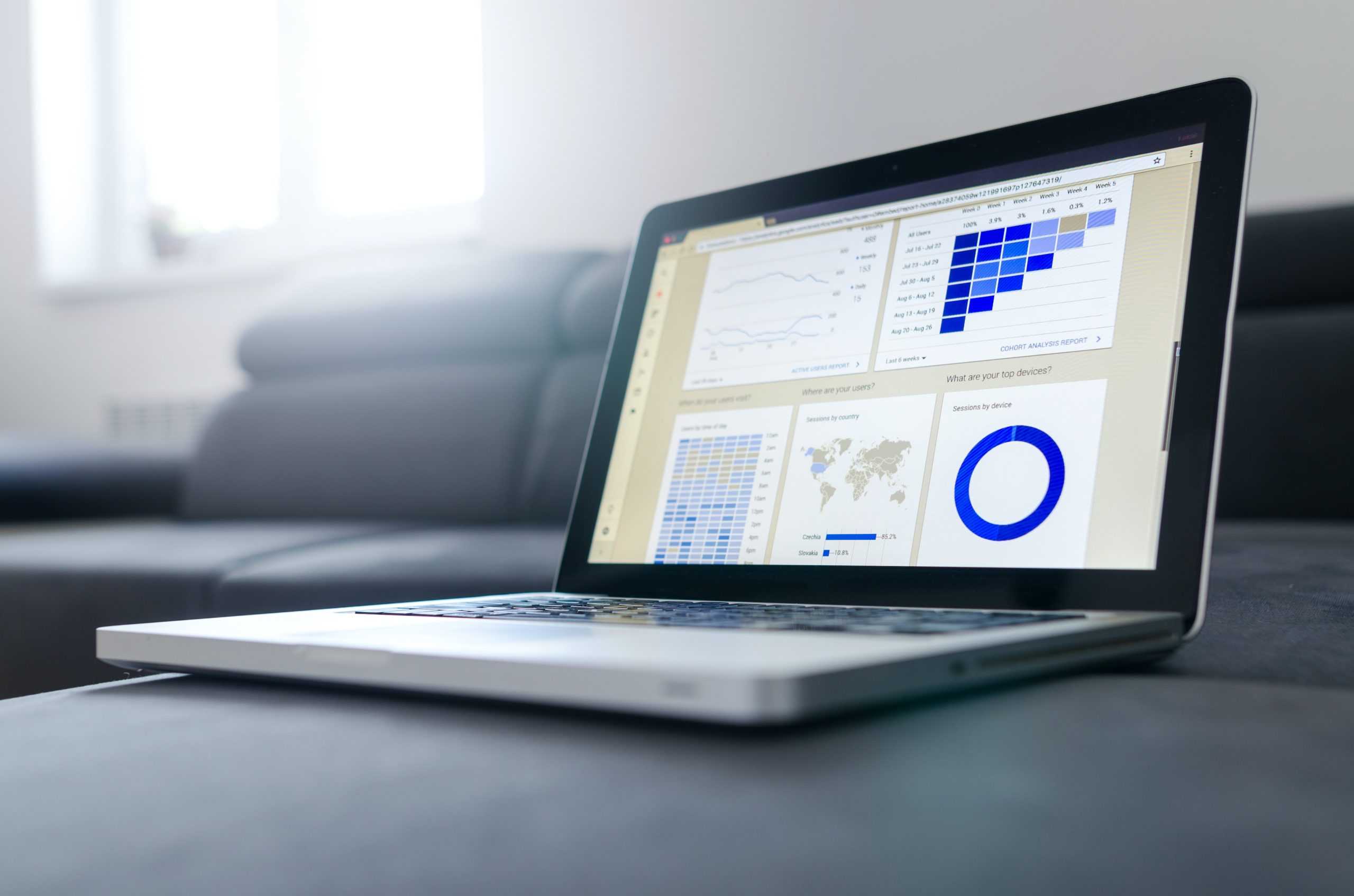
As data becomes a major component in many organizational strategies, terms like “data science”, “data analytics”, “data mining”, and “big data” have become more and more common in everyday conversations. These terms can create confusion between employees and leadership if they aren’t defined and explained properly.
At Futurety, we often see data science and data analytics being the most common terms we see used interchangeably. However, they require different approaches and produce different outcomes. We’ll break down the difference between the two and what kind of skills are needed to be successful in each industry.
Data Science
Data science is a concept used to understand big data and includes the processes of data cleansing, mining, engineering, and analysis. Data scientists are often asked to predict future events by asking questions, writing algorithms, and building statistical models. Data scientists can use predictive models and tools like R, Python, and SAS, to build their own automation systems and decision frameworks.
If you’re interested in a career in data science, it’s often recommended you have the following skills:
- Ability to understand and use tools like R, Python, and SAS
- Hands-on experience in SQL database coding
- Ability to work with unstructured data
- Knowledge of machine learning
The main difference between a data scientist and a data analyst is the amount of heavy coding required to perform standard job functions.
Data Analytics
Data analytics focuses on processing and performing statistical analysis on existing datasets. Data analysts responsibilities often vary across industries and companies, but their main role is to process, organize, and draw meaningful insights to solve problems through data visualization and storytelling. Businesses and organizations often look to data analysts to help them answer tangible business questions like “Why did sales drop this quarter?”
If you’re interested in a career in data analytics, it’s often recommended you have the following skills:
- Knowledge of mathematical statistics
- Ability to use and understand Google Analytics
- Understanding of visualization tools like Google Data Studio and Microsoft BI
While it is true both data science and data analytics are very similar and their functions are usually interconnected, it’s important to understand the differences and how they can impact your organizational goals.
If you’re interested in starting a career in data science or data analytics, Futurety is always looking to add more data rockstars to our growing team. You can find open positions on our career page.
However, if you’re looking for a data scientist or data analyst to help you make sense of your data, we offer full data analytics, visualization, and engineering services.

